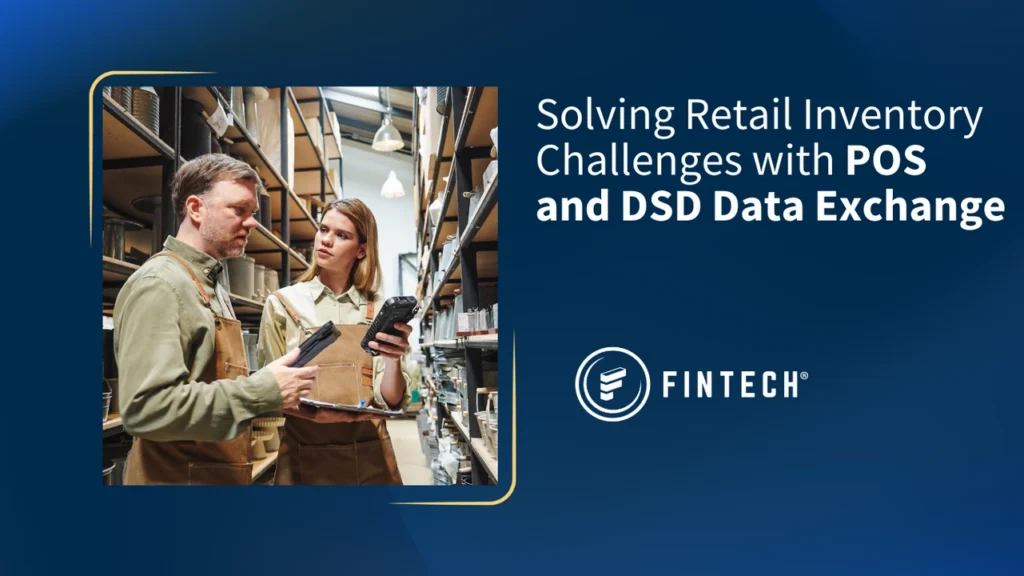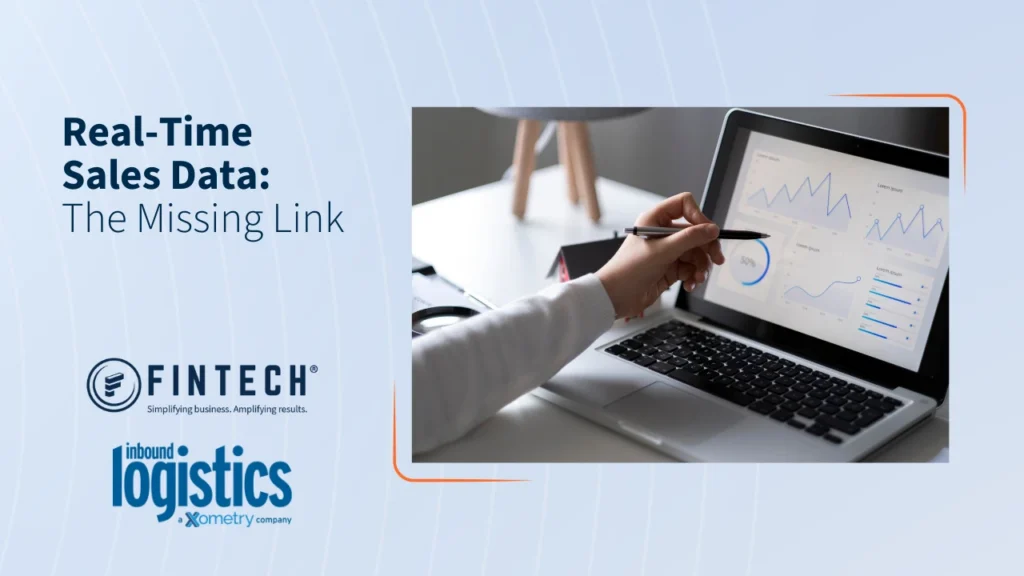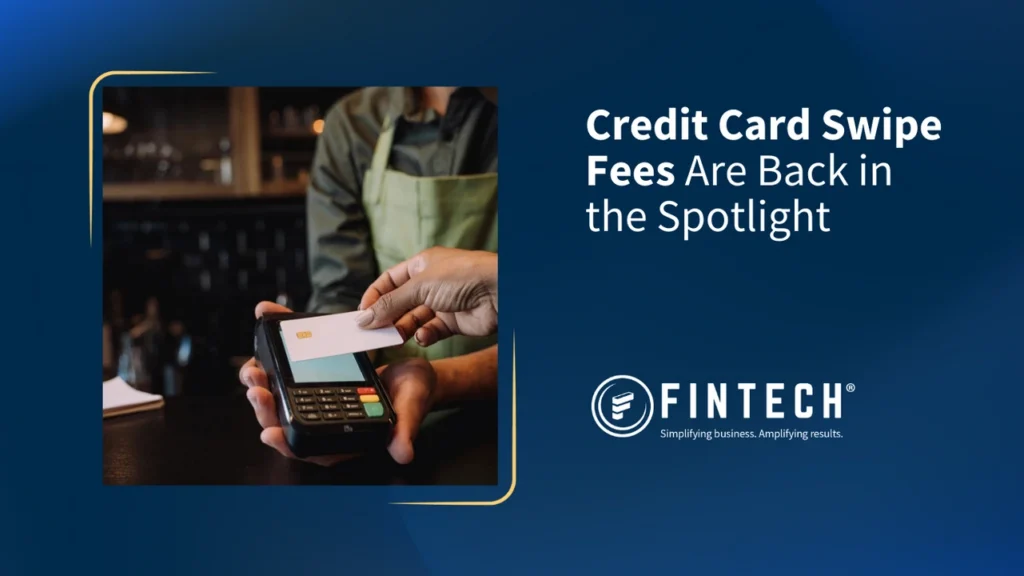“Working Together – We’re More Than OK!”
That was the theme of last week’s National Conference of State Liquor Administrators (NCSLA) annual conference in Oklahoma City. Regulators, counsel for alcohol beverage control boards from across the nation, and other industry representatives gathered to discuss and share ideas around the synergy of modern innovation, technology, and consumer demands. This year’s conference explored topics like public health, direct-to-consumer shipping, modernization, national soda brands entering the alcohol market, and more. Fintech’s Director of Regulatory Affairs, Wendy Turk, led a panel discussing the licensing of third-party delivery services.
In line with the theme, the point of the conference was a search for common ground across the diverse landscape of alcohol regulation. States could learn from each other how a particular area is managed, what has worked and what hasn’t, and things to consider in the future as new endeavors in the alcohol market call for new regulations.
Let’s dive into a recap of the 2023 conference and all it had to offer.
Public Health and Hot Topics in the Industry
The first panel of the conference focused on the relevance and importance of public health with developments in alcoholic beverages. Kelly Roberson (Center for Alcohol Policy) addressed the crowd with data from a 2023 National Alcohol Regulation Sentiment Survey. According to the Center’s findings, 82% of respondents were satisfied with state-based regulation and the current state of the three-tier system. The survey also found that the majority of respondents prioritized public health and safety over economic development with alcoholic beverages. Other panelists shared their views from their respective states on how they ensure public health is always at the forefront of policymaking.
Christopher Thiemann (Alcohol and Tobacco Tax and Trade Bureau) led the second panel in providing an overview of various hop topics in the bev alc market. Namely, the looming prospect of labeling changes that would showcase the “labeling trio” of ingredients, alcohol facts, and allergens. Some suppliers are skeptical of this change because they feel customers could be deterred from their products if they misinterpret certain ingredients that are present. Many welcome the change for the sake of complete transparency with what goes into alcoholic beverage options.
Differing Opinions on Direct-to-Consumer Shipping
One of the hot-button issues discussed at the conference was direct-to-consumer (DTC) shipping for spirits. To summarize through the lens of alcohol, DTC involves shipping alcohol directly from the manufacturer to the customer without having to rely on a third-party wholesaler or retailer. NCSLA proposed an interesting juxtaposition between two separate panels around this issue. The first panel focused on the regulatory perspective on DTC shipping, while the second focused on the industry perspective.
Regulatory Perspective on DTC Shipping
During the first session, panelists honed in on illegal interstate DTC shipments. Donald McGehee (Michigan Attorney General, Division Chief Alcohol Enforcement) spoke on Michigan’s firm stance toward illegal DTC shippers. McGehee noted how independent distributors encourage healthy competition and prevent monopolization by larger conglomerates. The three-tier system, as it stands, gives smaller producers a chance to get out into the market. It also protects consumers by preventing the sale of counterfeit or unsafe alcohol, keeps alcohol traceable, and guarantees all parties involved are properly licensed and regulated.
The current three-tier system also makes it easier to collect taxes on alcohol. Without it, governments would have to deal with thousands of individual retail stores versus just taxing the distributor and using them to enforce the local alcohol laws. If manufacturers don’t report their shipments, governments cannot collect and remit taxes. This creates a massive hole in tax collections and agency/government funding. All in all, the three-tier system supports transparency throughout the sale, tax, and consumption of alcohol.
Another panelist, Thomas Graham (Executive Director, Texas Alcoholic Beverage Commission) offered challenges facing his state with illegal DTC shipments. He presented data that showed 57% of interstate alcohol shipments in Q4 2022 were illegal and unreported. That means an estimated excise tax loss of roughly $238,599 if you assume that it is only three bottles per shipment – which Graham admitted was a modest assumption.
Graham touched on how these illegal shipments hurt Texas in multiple ways, including loss of tax revenue for the state, loss of sales revenue for retailers, possible delivery of unsafe products, possible delivery of alcohol to minors, and unfair competition.
So, what did the panel think needs to happen to counter illegal DTC alcohol shipments?
- Increased funding for investigating and enforcing laws against illegal DTC shipments.
- Better communication between states – the panel recommended sending a cease-and-desist and copying the Enforcement Department of the state in which the shipper is located.
- The creation of a central registry where states can upload information related to illegal shippers.
Industry Perspective on DTC Shipping
For the next panel, representatives from the Wine Institute, American Craft Spirits Association, and Moet Hennessy USA stepped up to counter some of the points raised by the regulatory side. For starters, they jumped on the fact that DTC shipping has existed for wine for years without issue, showing that DTC can be a viable option for spirits with regulation.
The panel raised concerns over some emerging issues with licensing. For example, Arizona is now requiring the submission of fingerprints as part of background checks for licensure, which is an obvious privacy concern. Issues aside, the main point was that retailers, breweries, and distillers all want the same privileges that are already entitled to wineries.
There was data to back up their argument. According to a DISCUS survey, 80% of consumers believe distillers should be allowed to direct ship spirits. For one thing, online shopping for alcohol is becoming more mainstream (e.g. wine subscription clubs). There is also an increasing interest in diverse spirits products, as evidenced by the 17% increase in active craft distillers since 2021.
They argued that all stakeholders in the spirits market would benefit from DTC options. Consumers would be able to purchase limited-release options, purchase the products they want how they want, and generally have more access to various spirits. Distillers would benefit by reaching a wider audience, moving more products, being able to better test limited-release products on a larger scale, and being able to better connect with new and returning customers.
The biggest argument for the panel was that DTC will not cut into traditional sales and distribution channels, but rather complement the current system by filling an unmet customer need. The panel also mentioned that states would benefit from additional licensing fees and tax revenue with each new sale. DTC would also lead to more job creation and a boost for the hospitality industry.
To conclude, the panel presented some data about the craft industry compared to traditional wholesalers:
- Craft distillers make up over 95% of all distillers in the U.S.
- However, craft is less than 5% of volume and 8% of dollar value
- Top 10 wholesalers have 78% market share of U.S.
- Top 3 have over 50% market share
- 80% of craft spirit consumers want the ability to buy DTC
- 79% of consumers want laws changed to expand DTC shipping
- 75% of consumers willing to try spirits from another state via DTC
These points reinforce the notion that DTC would break down barriers for craft distillers to reach a larger audience and level the playing field among larger wholesalers.
Third-Party Alcohol Delivery Licensing
Fintech’s Wendy Turk led the next panel on third-party alcohol delivery services. With modern consumers leaning on the convenience of delivery, and many retailers unable to supply their own delivery vehicles and staff, the rise of third-party delivery services is unstoppable. This requires new licensing structures, requirements, and benefits. There are also questions about liability.
The panel featured representatives from Washington, Virginia, New Jersey, and Texas. There was also Maria Jackson, Senior Director & Associate General Counsel for Instacart.
The first note of the panel was establishing the distinction between online ordering platforms and delivery service providers. For example, Drizly is an online marketplace, DoorDash is a licensed alcohol retailer that also delivers, and UberEats is a delivery service provider. Turk then outlined the current status of third-party delivery across the nation:
- 44 states allow retail alcohol delivery to consumers from either on-prem, off-prem, or both
- 34 states allow third-party delivery of retail alcohol
- 17 states require licensing of third-party alcohol delivery service providers
- 12 states have/had legislation to create a third-party delivery license this year
One of the biggest issues surrounding third-party alcohol delivery is liability. There can be situations where alcohol is delivered to a minor without proper identification verification. Or there could be an instance where alcohol is delivered to a person who is already intoxicated. Regulators are right to raise concerns over this, as it presents a major issue for public health and safety. For the states represented on the panel, liability is placed on the delivery person and delivery company.
What happens if a licensee violates the conditions of the license? In most cases, civil penalties will be applied. In others, suspension or revocation is on the table.
Another issue discussed on the panel was service fees attached to delivery. Rick Garza (Washington State Liquor and Cannabis Board) said that a third-party delivery provider does not collect a percentage of the retail sale and the service fee must be a flat rate in Washington. The service provider must also transfer proceeds from the sale to the licensee immediately. In WA, the licensee is ultimately responsible for all the deliveries made on its behalf.
In Virginia, Sarah Ross (Virginia Alcoholic Beverage Control Authority) noted that there is potential criminal liability for the specific delivery driver if they deliver to an intoxicated person or a minor. However, any violation would also trigger a violation against the third-party company as well. New Jersey does not hold the retailer responsible for the actions of the third-party delivery driver. They also prohibit alcohol deliveries to college campuses.
Jackson (Instacart) spoke on the transfer of liability from the third-party perspective. She spoke about the importance of maintaining their safety and liability standards across the board, no matter whether they are operating in states requiring separate permits or not. They do not want to jeopardize their relationships with retail partners by acting improperly in the alcohol space.
All in all, it was interesting to hear the differing ways in which states approach this issue, particularly when it comes to compliance and investigations.
Alcohol Social Media and Online Advertising
There was an interesting change of pace with a panel on how suppliers, distributors, and retailers must navigate the fast-changing world of social media in regard to how they advertise their products while keeping in line with the Alcohol and Tobacco Tax and Trade Bureau (TTB) and Federal Trade Commission (FTC) guidelines.
The panel noted that any content posted on social media by an industry member is considered “advertising” and subject to federal regulations. There are strict rules around having mandatory statements displayed, though those statements can be provided via a link to another webpage. One caveat to note is that ads must clear up any misleading information. For example, a “vodka with natural flavors” must be described as such versus just as a “vodka.”
Any content created via social media influencers is also subject to TTB advertising guidelines. TTB will assess whether a post is an ad based on multiple criteria.
Another interesting point of discussion was whether wholesalers can use social media to promote retailers. Representatives of the wine and spirit industry reached out to the Alcohol and Tobacco Commission (ATC) to learn about any limitations placed on state-licensed wholesalers and their ability to promote products via social media on behalf of the retailers.
The ATC reviewed the inquiry and issued Alcohol Compliance Bulletin 22-001, which addressed two key issues.
Issue #1: Creating specialized content is considered “giving something of value” to a retailer
The ATC found that any personalized social media content created by a wholesaler or solicitor for a retailer for the purpose of promoting an event (could even be a tasting) at a specific retailer location is prohibited.
Issue #2: Creation of a personalized advertising material would relieve the retailer of an “ordinary business expense”
State laws and regulations prohibit a wholesaler from creating an advertising template for retailers to use to promote their business. This is because it would relieve the retailer of an expense that it should normally incur.
The rest of the panel’s time was devoted to showcasing different ads that have run and deciding whether they violated any regulations. With celebrity endorsements, social media ads disguised to look like organic content, and questions on whether the subject matter appeals to minors, there is a lot that can go into an ad and determine whether it is appropriate per TTB and FTC guidelines.
National Soda Brands Entering the Bev Alc Market
Another interesting regulatory conversation came with panels surrounding the issue of national soda (non-alcoholic) brands venturing into the alcohol industry with new hard or spiked soft drink options. Companies like Coke and Pepsi have introduced alcoholic products into the space with spiked lemonades, Hard Mountain Dew, and the Beast Unleashed. Regulatory questions arise as a result of these brands becoming alcoholic beverages and their manufacturers becoming licensed wholesalers and manufacturers. Questions like:
- What are the common contractual arrangements?
- Who has control?
- Who are the licensed/non-licensed parties?
- How does the money flow?
Randy Liebowitz (Chief Legal Officer, Blue Cloud Distribution “BCD”) faced multiple questions about Blue Cloud’s role in the distribution of Hard Mountain Dew. He presented that BCD has no role in product development and production. PepsiCo licenses Hard Mountain Dew to the supplier (Boston Beer Company) for production and then BCD buys the finished goods from the supplier to sell to licensed retailers. Leibowitz explained that PepsiCo is not a manufacturer of alcohol and honors the three-tier system. He said PepsiCo has no control over manufacturing or the recipe and BCD does not pay any slotting fees for preferred shelf placements. He also noted Boston Beer Company handles all the 21+ markings on the product itself.
Outside of manufacturing, the biggest issues with soft drink companies entering the bev alc space are product placement and consumer confusion. Many of these alcoholic products share similar branding and are placed on shelves near their conventional, non-alcoholic counterparts. Some states have gone so far as to pass legislation prohibiting retail stores from displaying co-branded alcoholic beverages adjacent to soft drinks.
With more and more non-alcoholic beverage companies looking to enter the ready-to-drink (RTD) cocktail and flavored malt beverage (FMB) spaces, you can expect to see questions raised about how these companies go about their business. At the end of the day, transparency, public health, and fair competition are benchmarks applied across the board, and soft drink companies are no exception.
Working Together to Build a Stronger Regulatory Framework
The NCSLA conference proved to be a well-orchestrated hub for sharing ideas, learning from real-world applications of legislation, and looking to the future of the bev alc industry. Alcohol regulation is an ever-changing, ambitious landscape, and it takes a collective to uphold the priorities of public health and safety, competitive equity, and fair licensing. The NCSLA is meeting again in September for its Northern/Southern Regional and again in October for its Central/Western Regional, so the mission for harmony in the administration of alcoholic beverage control laws never stops.






